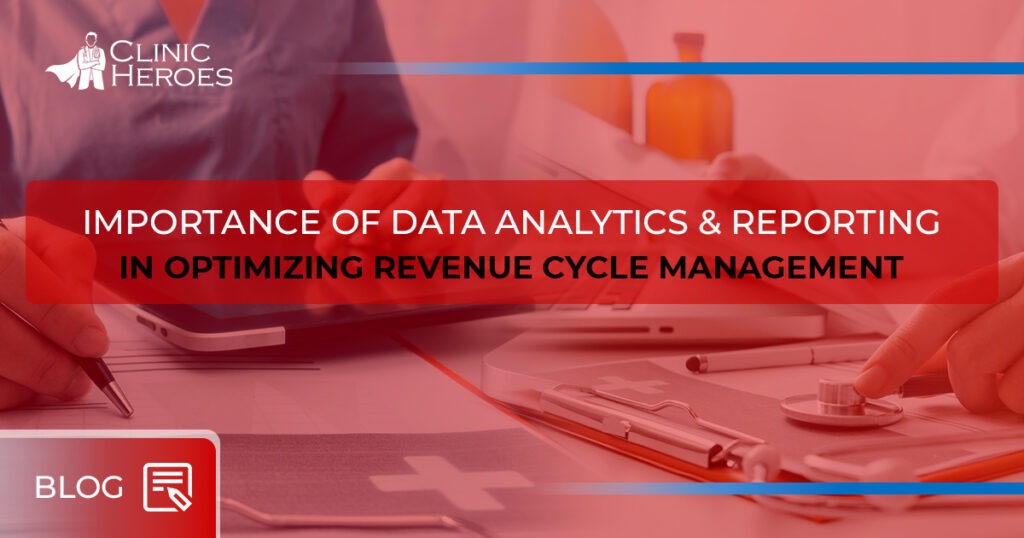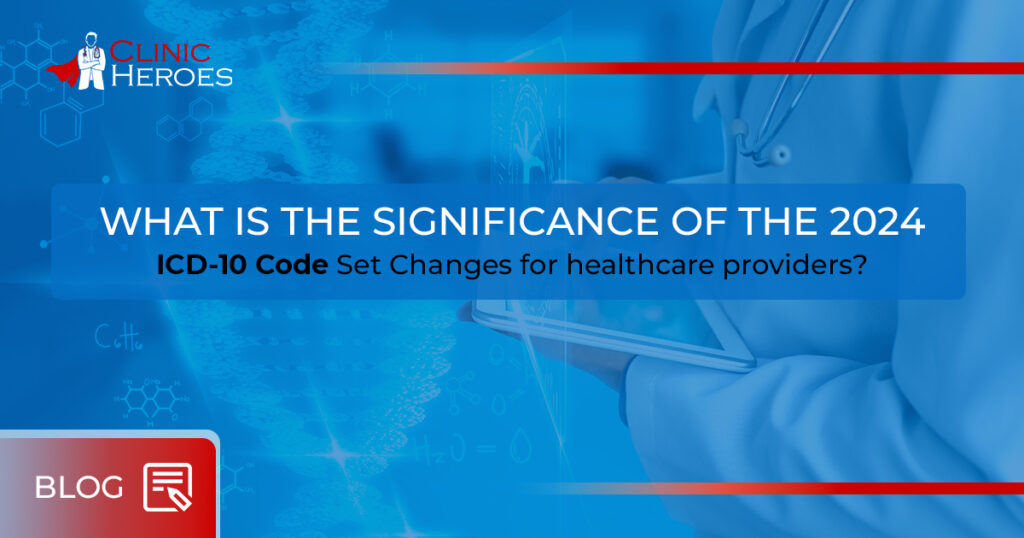Do you know that in today’s developing financial scenario, healthcare providers face a tough time optimizing their RCM? These challenges can affect an organization’s financial stability. Organizations are adopting advanced technologies to increase their revenue cycle management (RCM) strategies. It includes data analytics and reporting, which provide insights and aid decision-making. Let’s talk about why data analytics and reporting are important for making RCM work better.
What is Revenue Cycle Management (RCM)?
Revenue cycle management (RCM) is like the financial backbone of a healthcare organization. The system tracks a patient’s care from registration and appointment scheduling to payment. It includes recording the patient’s insurance information.
Components of Revenue Cycle Management RCM) include:
Data analytics and reporting play an important role in optimizing the effectiveness of revenue cycle management.
Importance of Data Analytics and Reporting in Revenue Cycle Management
1. Proactive Denial Management
Denials are a common challenge in the revenue cycle. Data analytics allows organizations to analyze denial patterns, identify root causes, and implement specific solutions. Denial management is a key aspect of medical billing, ensuring that healthcare providers get proper compensation for their services. Effectively managing denials for maintaining financial stability.
2. Identification of Revenue Leakages
Revenue leakage happens when services provided are not completely paid for, resulting in lost income. Data analytics identify where this leakage is coming from, whether it’s because of billing errors, claim denials, other issues that were not paid, or not-so-efficient ways of collecting money. This information guides corrective steps to fix the issue.
3. Strategic Decision Making
Data analytics is a superpower for healthcare organizations. Decision-makers can identify areas and put in place strategies to increase the revenue cycle by analyzing financial data, billing patterns, and reimbursement trends. Immediate reporting ensures that those involved have access to the latest information for making healthcare decisions.
4. Real-Time Performance Monitoring:
Data analytics helps to provide healthcare organizations with the ability to track key performance indicators (KPIs) in real-time. Monitoring in real-time is especially important for adjusting to changes in regulations, payer policies, and market trends. It ensures that organizations stay flexible in managing their revenue cycle.
5. Improve Patient Satisfaction
To Conclude
The future of healthcare revenue analytics is getting more advanced with data-driven insights. This process includes using automation, real-time data, and predictive analytics to improve revenue, reduce billing errors, and make patients happier. However, challenges like keeping data secure, following rules, and making different systems work together might come up. To overcome these, organizations need to focus on good data quality, use strong analytics tools, and always look for ways to improve. At Clinic Heroes we use data analytics to make the RCM process more efficient, which allows medical practices to focus on patient care. Clinic Heroes provides a customized Revenue Cycle Management (RCM) service because they understand that every healthcare system is different. Our staff of RCM specialists ensures prompt reimbursements, quick collections, revenue possibilities, and successful management of refused claims. The Clinic Heroes platform helps professionals improve treatments, reduce costs, and improve patient satisfaction. To know more about us, please call us at: (862) 362-2542 or email us at: sales@clinicheroes.com
Frequently Asked Questions about Clinic Heroes Services
Clinic Heroes utilizes advanced data analytics tools to optimize RCM, identifying areas for improvement and implementing proactive denial management strategies.
Clinic Heroes prioritizes data security through encryption, access controls, and strict restrictions to industry regulations.
Yes, data analytics can use predictive analytics for future revenue trends. It allows healthcare organizations to make plans and put in place strategies to address potential challenges on opportunities.




